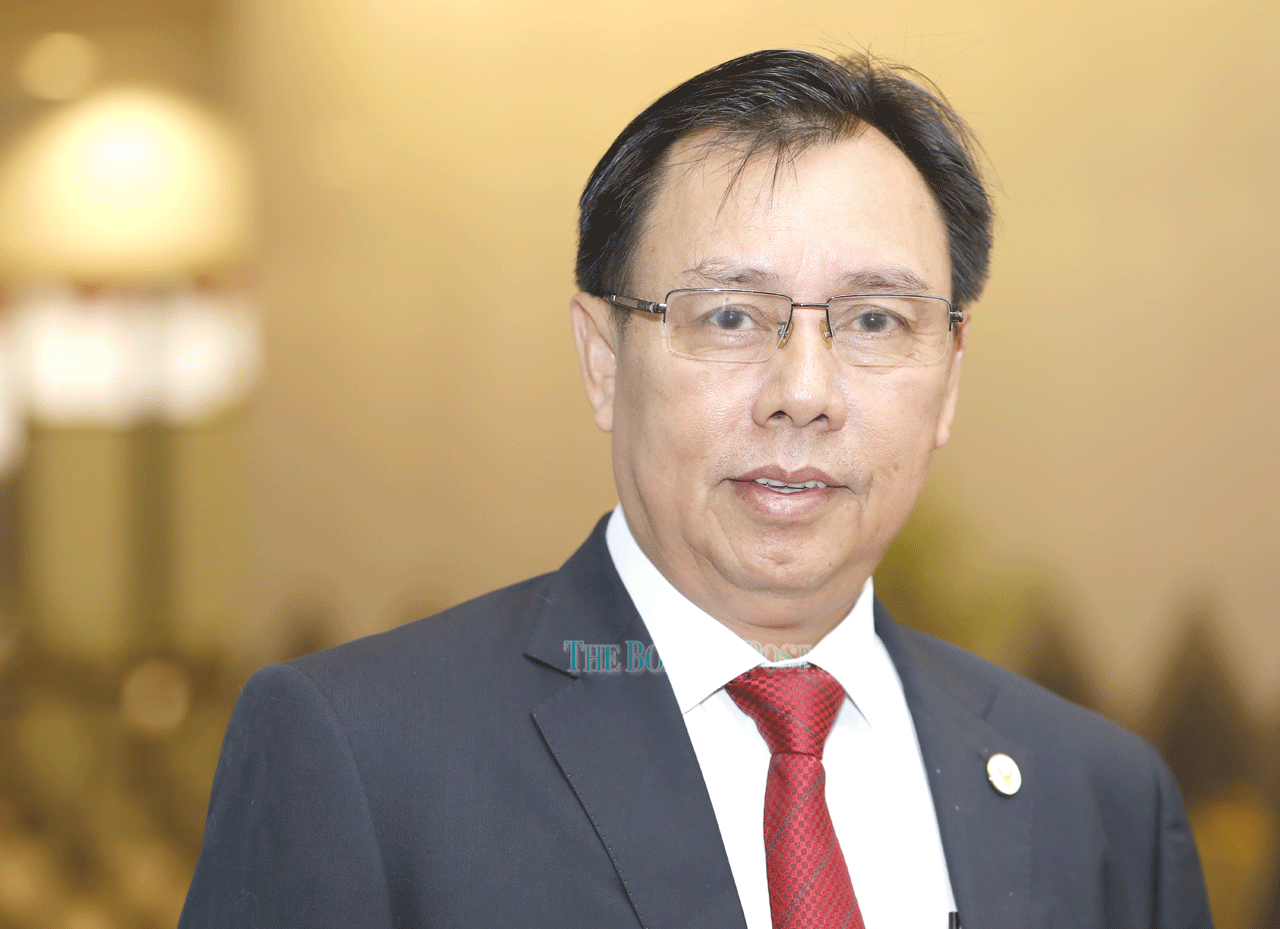
Datuk Sri Dr Stephen Rundi Utom
SINGAPORE (July 7): Sarawak welcomes investors from Singapore to bring technologies for the transformation of its agriculture sector amidst the current global food supply disruptions.
At the same time, Singapore can assist the state in achieving its Vision 2030, said Sarawak’s Modernisation of Agriculture and Regional Development Minister Datuk Seri Dr Stephen Rundi Utom.
“Singapore is welcomed to take advantage of the available resources and incentives that Sarawak provides,” he said in a statement issued here today.
To ensure a win-win transformation of Sarawak’s traditional farming community into agropreneurs, Dr Rundi said the state government encourages local farmers to adapt to changes and new technologies.
“This will help improve the household income to RM6,000 per month by the end of 2030,” he said.
According to the Sarawak Trade and Tourism Office Singapore (Statos), the Sarawak state government had recently signed a memorandum of understanding (MoU) with Singapore’s Sky Urban Solutions Holding Pte Ltd to develop modern agricultural projects within the state.
The MoU was signed on July 4, 2022, through its government agency, the Sarawak Land Development Board.
“The MOU is a step forward and currently, at least two other Singapore companies are in talks with Statos to set up their agri-food production hubs in Sarawak,” said Statos chief executive officer, Chew Chang Guan.
Statos is an initiative of the Sarawak state government to strengthen and develop new trade, investment and tourism linkages between Singapore, Sarawak, and internationally.
It also said that Sky Urban’s modern farming is a relatively new and high-density approach to profitable and reliable farming.
Widely recognised as a pioneer and leading developer of vertical farming technology, Sky Urban’s patented farming system has both local and international design awards and is also a major player in Singapore’s quest to increase local food supplies.
“This technology uses green urban solutions to produce fresh and safe vegetables while taking up minimal land, water, and energy resources.
“Vertical farms can be used anywhere as they do not depend on the availability of large tracts of arable land, and such a system is not limited to vegetables but can also be used for fish and shrimp farming in a controlled environment,” it said.
Statos noted that the current food supply disruption and crisis around the world have bolstered interest among many nations to increase their own supplies and also to diversify their sources of food supplies.
“This is no different to Sarawak with only a population of some 2.8 million people. The current supply chain and logistics disruptions have echoed the need for Sarawak to relook at its own food production so as not to be too dependent on imports.
“Sarawak has the potential to become a major producer and exporter of food products with the right strategy and planning. Sarawak has vast land and water and is located on Borneo island, relatively free of natural disasters,” Statos said.
It also noted that Sarawak needs investors in the agricultural sector, including aquaculture and livestock farming.
“Sarawak welcomes investors to introduce modern farming methods which will increase production yields and have these products exported to Singapore and beyond,” Statos said. – Bernama
